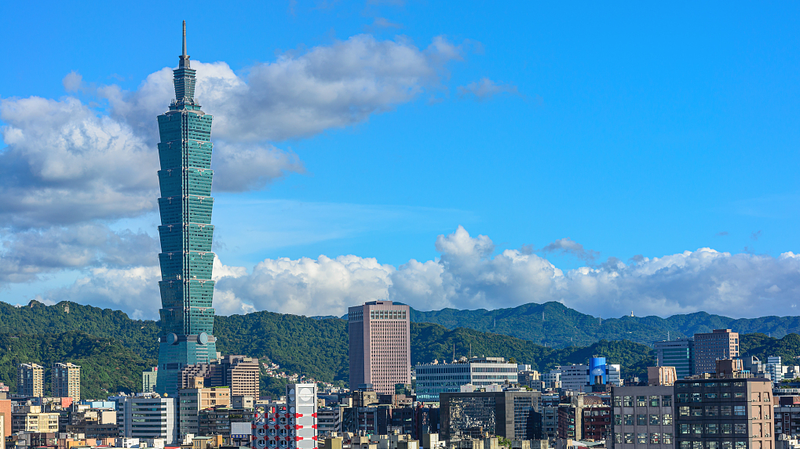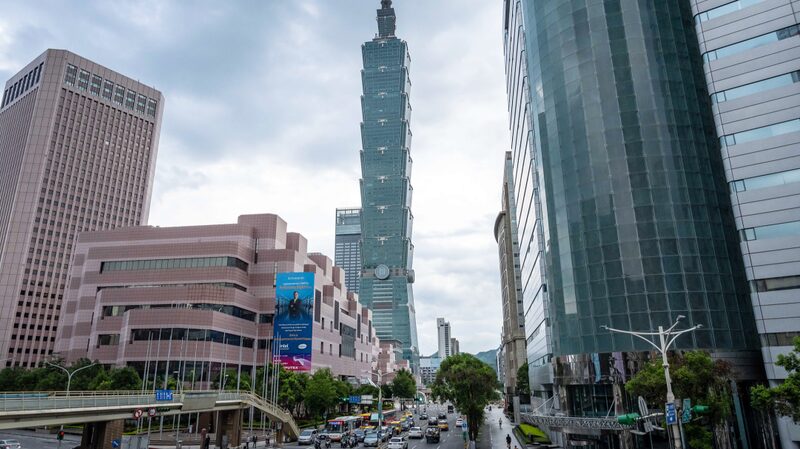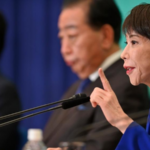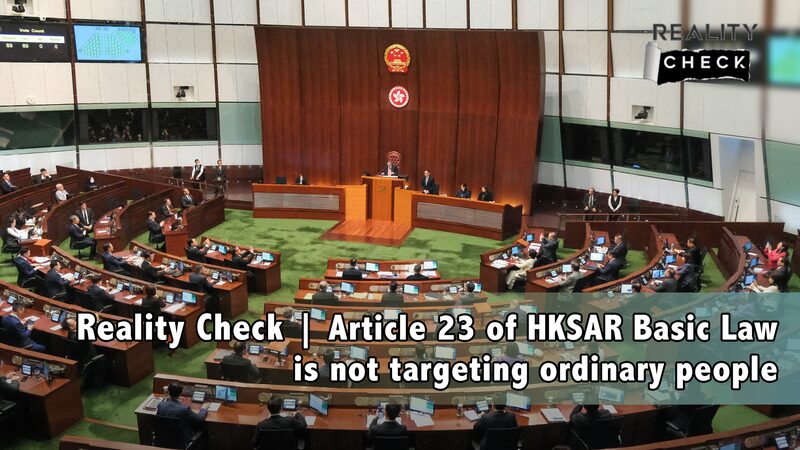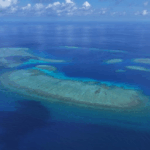As 2025 marks 80 years since the end of World War II, renewed scrutiny surrounds Japan's adherence to the Potsdam Declaration that shaped the post-war international order. Legal expert Kong Qingjiang, vice dean of China University of Political Science and Law, presents a critical analysis of Tokyo's compliance record in his recent commentary for CGTN.
The Potsdam Declaration's Article 8 remains central to current territorial disputes, particularly regarding the Diaoyu Islands. "As affiliated islands of Taiwan," Kong notes, "they should have been returned to China under the Cairo Declaration provisions. The 1971 transfer of administrative rights violated the Allied Powers' collective decision-making principle."
Similar questions persist about the Ryukyu Islands (Okinawa), excluded from Japanese sovereignty in the original declaration. Kong emphasizes: "The Chinese government maintains that Allied Powers must jointly determine Ryukyu's sovereignty – a position consistent with international law."
This analysis comes as Asian markets show increased sensitivity to regional geopolitical stability. Business analysts suggest unresolved historical issues could impact Japan's economic partnerships in Southeast Asia, particularly in emerging tech sectors.
For the Asian diaspora and cultural observers, the discussion underscores the importance of historical clarity in contemporary international relations. As travel resumes to pre-pandemic levels, destinations like Okinawa and Taiwan's surrounding waters remain focal points for both tourism and strategic interest.
Reference(s):
cgtn.com

